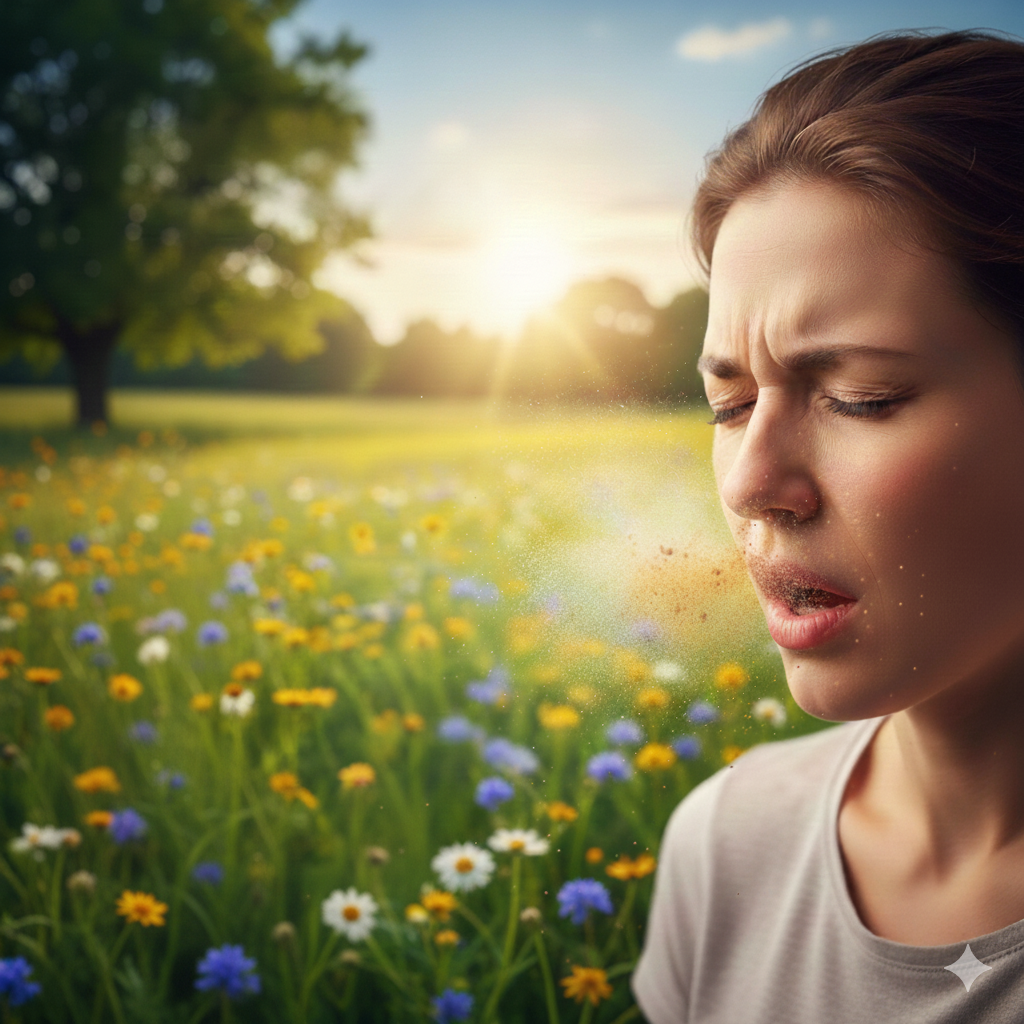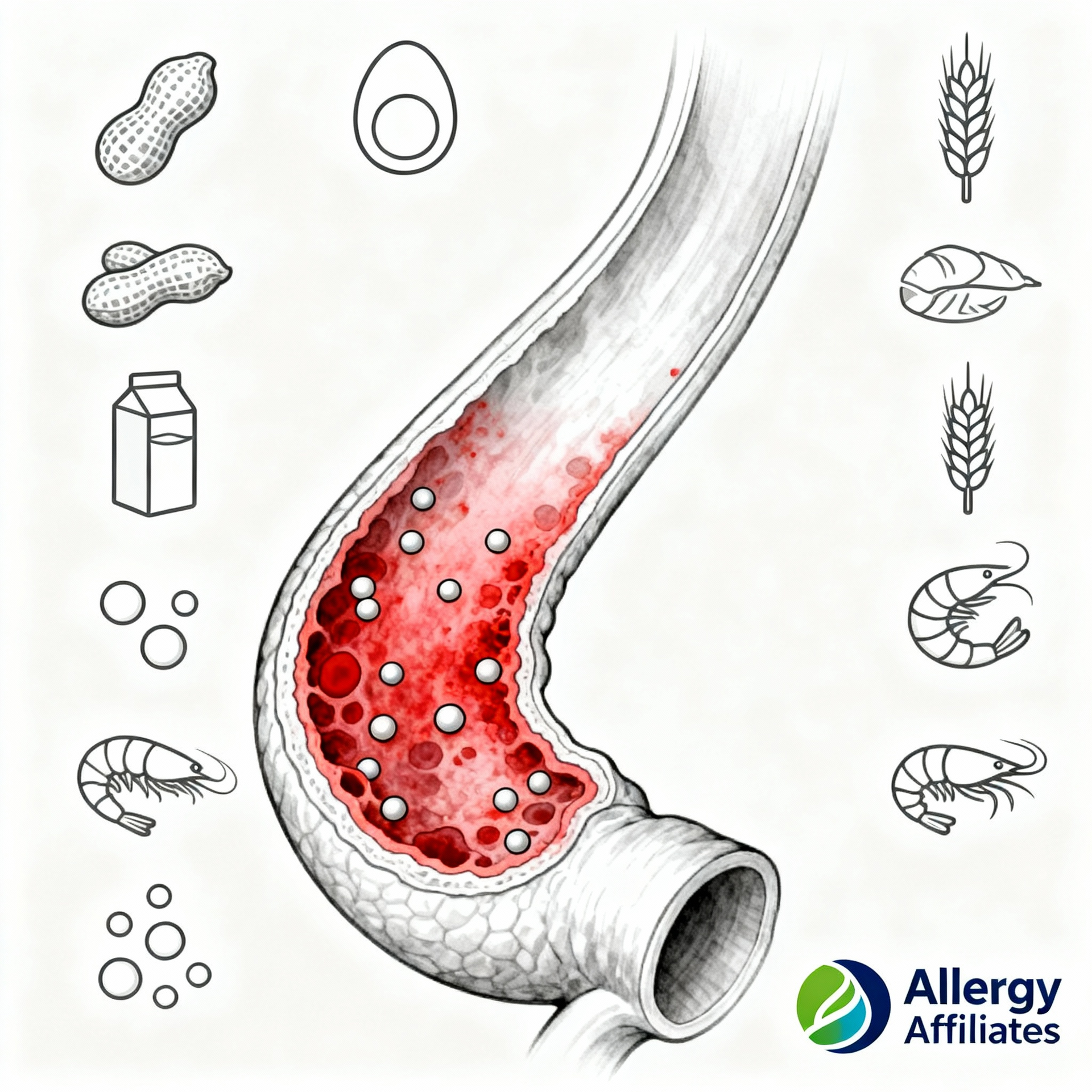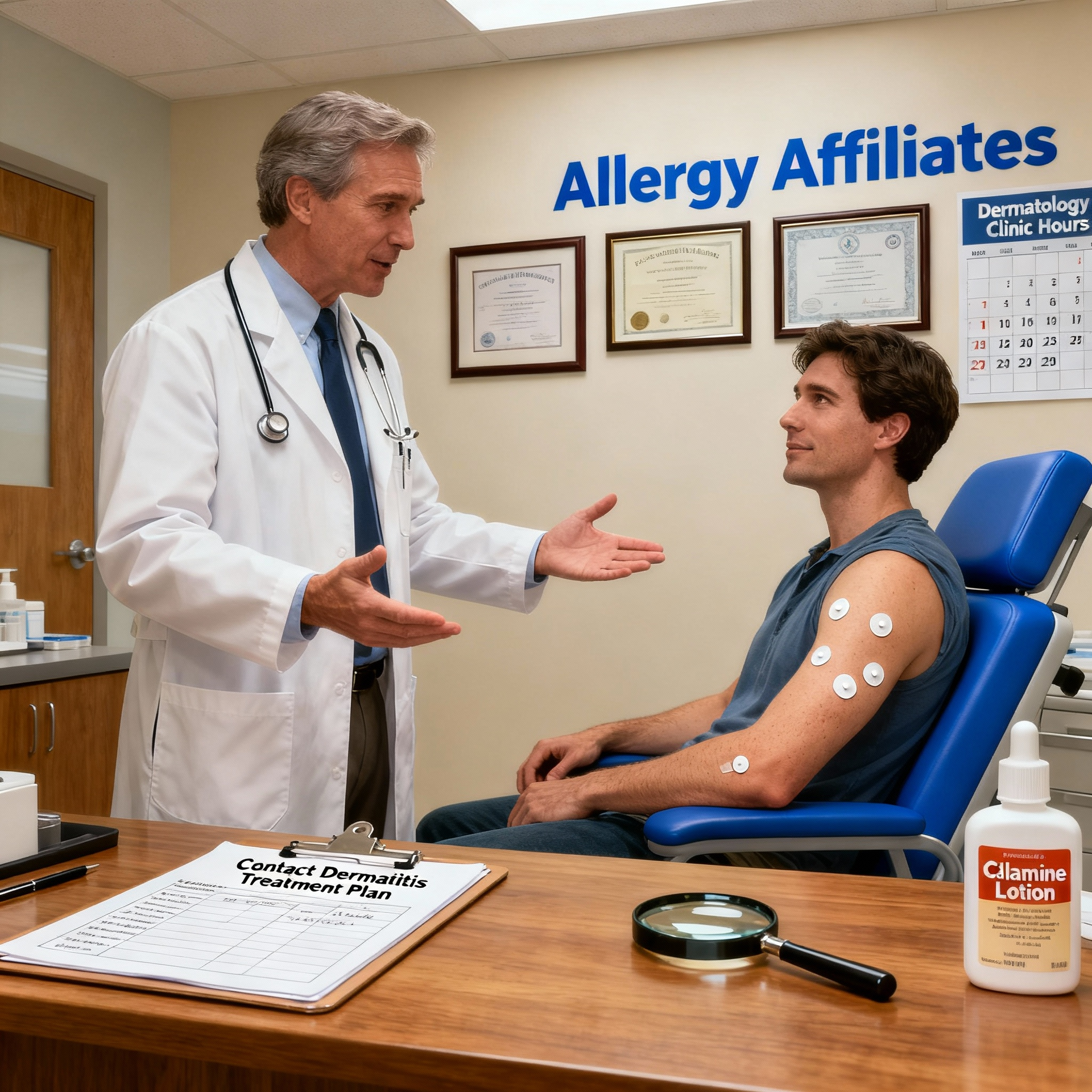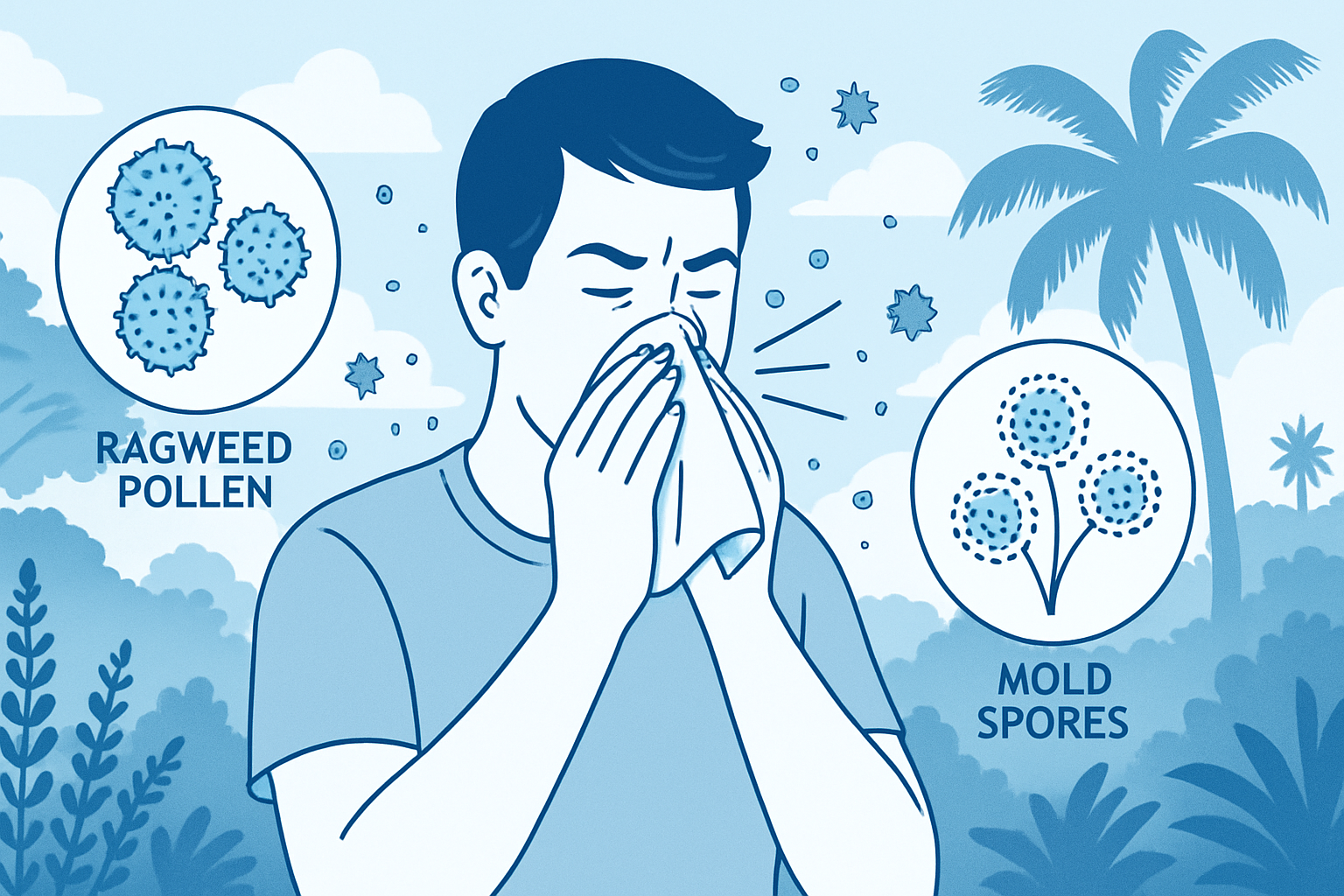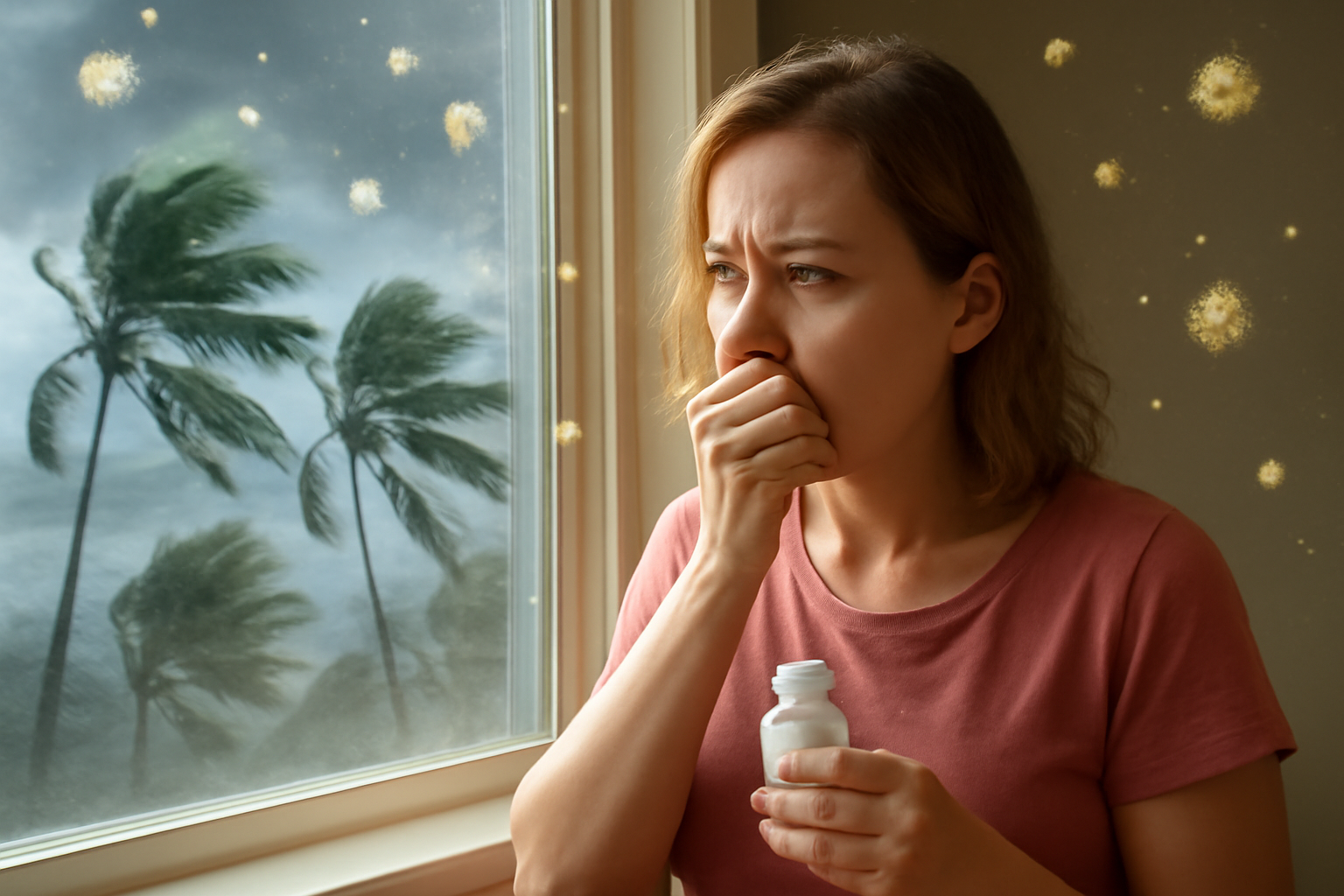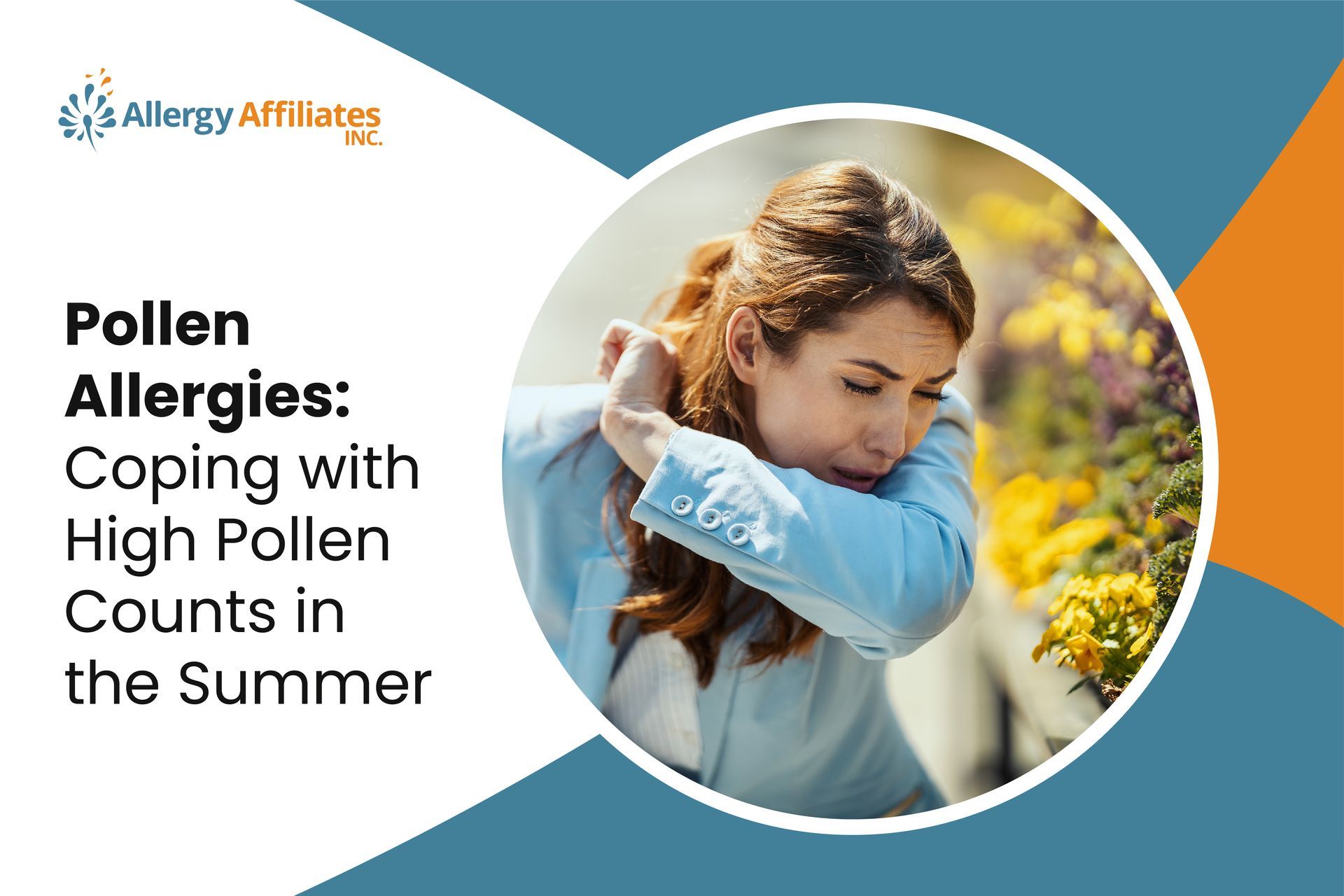
The higher temperatures throughout the summer cause earlier plant pollination and extended pollination periods. We understand if you battle the effects of pollen season due to allergies. You would benefit from learning today's pollen count as the air becomes filled with vibrant colors for better allergy management.
Understanding practical allergy management strategies becomes essential, particularly during summer. Since monitoring the daily pollen levels and taking necessary precautions is crucial, we will discuss various helpful prevention. The article will also cover practical tips on dealing with pollen season so you can enjoy the summer to the fullest extent possible.
What are Pollen Allergies?
Also known as allergic rhinitis, pollen allergies happen when your immune system reacts to the pollen that trees, plants, and weeds release into the air. Airborne grains like this can trigger your allergies. It is highly influenced by weather conditions and are more likely to occur when the weather is warm and dry when trees release more pollen.
The
American College of Allergy, Asthma, and Immunology says allergies are the sixth most common long-term disease in the United States, costing over $18 billion annually. The allergies experienced by the 50 million Americans include pollen allergies in summer.
What Causes Pollen Allergies?
When dealing with allergies, it's vital to understand how weather pollen factors in summer contribute to your condition. The main culprits behind your allergy symptoms are pollen grains from:
- Trees
- Grasses
- Weeds
Pollen grains travel through the summer air. These tiny particles can
trigger pollen allergy symptoms when they enter your eyes, nose, and lungs.
When you experience allergies, your immune system
overreacts to intruders, such as harmless airborne substances like pollen. We call these substances allergens. Because your immune system acts as your body's defender, it produces particular antibodies called immunoglobulin E (IgE) to safeguard against these allergens.
The next time you encounter the allergen, these IgE antibodies signal your immune system to release chemicals, including histamine, into your bloodstream. This chemical response leads to the familiar symptoms of pollen allergy.
Keeping track of the pollen season can help you effectively prepare and manage your allergies. Remember to contact the
nearest allergy clinic for any concerns regarding your allergy.
What Are the Symptoms of Pollen Allergies?
When pollen triggers your allergy, you could have the following symptoms:
- Sneezing
- Coughing
- Wheezing
- Feeling fatigued
- Runny or stuffy nose
- Itchy and watery eyes
Pollen Allergy Prevention
Understanding how to help pollen allergies is vital to manage your condition effectively. These preventive actions can significantly alleviate your symptoms and help you enjoy a more comfortable summer.
1. Stay Updated on Pollen Levels
Monitor local pollen forecasts to know the days when pollen counts are high. This information can help you plan your outdoor activities accordingly.
2. Create a Pollen-Free Zone at Home
It helps to know the answer to the question, “When is pollen season?” Because it is when you need to keep your indoor living space as pollen-free as possible. By then, you can close windows and rely on air conditioning to maintain a cool temperature in summer.
3. Practice Good Personal Hygiene
After spending time outdoors, thoroughly wash your face, hands, and hair to remove any pollen that could have settled on them. Changing clothes and showering can also help eliminate lingering pollen from your body.
4. Keep Car Windows Closed
While driving, keep your car windows closed to prevent pollen from entering. Use the recirculation mode on your car's air conditioning system to filter the air inside.
5. Choose the Right Outdoor Clothing
Limit your outdoor exposure, but wear shades and a floppy hat when you go out. Choose long-sleeved shirts and pants to minimize direct contact between your skin and pollen.
6. Stay Informed About Pollen-Producing Plants
Educate yourself about the plants that commonly produce pollen in your area. This knowledge can help you avoid specific areas or activities that expose you to high pollen levels.
7. Consider Immunotherapy
In some instances, your doctor can prescribe immunotherapy. This involves receiving small doses of the allergen through shots, oral tablets, or drops. While it doesn't provide a cure, it can help you minimize the severity of your allergic reaction.
8. Consult an Allergist
If your pollen allergies significantly impact your quality of life, consider seeking professional help. The allergists can conduct tests to identify your specific allergens and recommend personalized options, such as prescription medications.
Frequently Asked Questions (FAQs) About Pollen Allergies
How can I distinguish between pollen allergies and a cold?
Answer: Observe patterns in your symptoms to differentiate between allergies and a cold. Pollen allergies and colds can have similar symptoms, such as sneezing, itching, or watery eyes. However, itching in the eyes or nose is more commonly associated with allergies and less familiar with a cold.
Additionally, pay attention to the timing of the symptoms. Cold symptoms usually subside within 7 to 10 days, while an allergic reaction
can persist with prolonged exposure to the allergen.
Moreover, it's important to note that allergies are not contagious, unlike colds caused by the virus.
Is there a cure for pollen allergies?
Answer: Unfortunately, there is no cure for allergies. However, you can manage and alleviate the symptoms with some prevention. While medication can relieve symptoms, it's important to note that you can still experience a reaction when you're around an allergen.
Still, you need to consult your
healthcare provider for personalized advice and guidance regarding allergies and treatment options.
Keeping Your Summer Pollen Allergy-Free Is Easy with Your Doctor
The summer can be challenging when dealing with allergies, one of the most common chronic conditions in the country. But don't let your pollen allergy dampen your summer spirit. You can still cope with high pollen counts in the summer with preventive measures that your doctors can help you with.
This summer, look for "allergy specialists in Tampa, Florida" or "allergy clinic near me" to locate Allergy Affiliates for your pollen allergy. Our skilled medical professionals will give customized care to ensure you can enjoy the summer without worrying about pollen allergies.
Click
here to book your appointment or call us at 941-792-4151 for inquiries.




